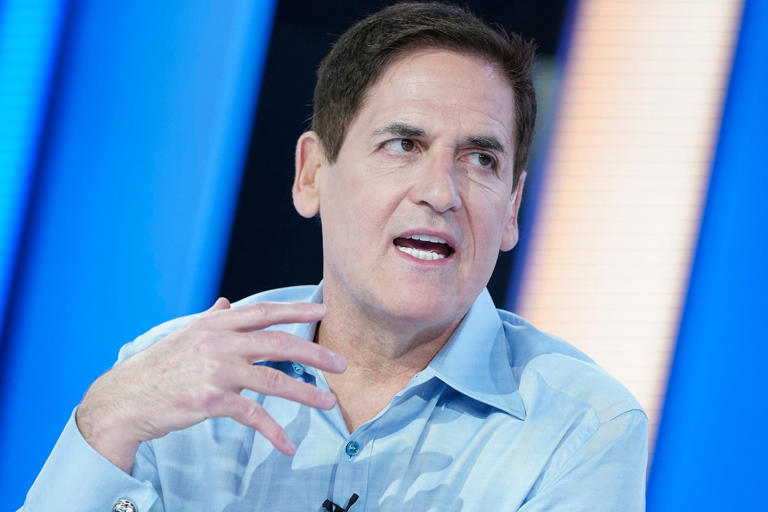Mark Cuban’s approach to sharing wealth with his employees is not merely a business practice; it’s a testament to his deeply ingrained values of fairness, equity, and appreciation for the contributions of others. Since the inception of his entrepreneurial journey, Cuban has upheld the belief that the success of a company is a collective effort, and thus, its rewards should be shared among all who played a role in achieving it.
This ethos traces back to the early days of Cuban’s career when he sold his first company, MicroSolutions, in 1990. Despite the immense financial windfall from the sale, Cuban made a conscious decision to allocate a portion of the profits to reward his employees. By distributing bonuses to every individual who had dedicated themselves to the company for over a year, Cuban demonstrated his commitment to recognizing their hard work and dedication.
This act of generosity and appreciation set a precedent for Cuban’s subsequent ventures. When he sold Broadcast.com to Yahoo in 1999 for a staggering $5.7 billion, Cuban ensured that the employees who had contributed to the company’s success were duly rewarded. Through his bonus program, he facilitated the transformation of hundreds of employees into millionaires, thereby not only changing their financial circumstances but also instilling a sense of loyalty and gratitude within the workforce.
Even as Cuban ascended to billionaire status following the sale of Broadcast.com, he remained unwavering in his commitment to his employees. Whether it was selling his majority stake in HDNet or his more recent sale of the Dallas Mavericks NBA team, Cuban consistently set aside a portion of the proceeds to share with those who had been instrumental in the journey.
Cuban’s belief that everyone who contributes to a company’s success should benefit from it underscores his deep-rooted sense of fairness and justice. It’s not merely about profit margins or bottom lines for him; it’s about acknowledging the human element of business and ensuring that those who work tirelessly behind the scenes are duly rewarded.
Furthermore, Cuban’s payout practice has had a profound impact beyond the financial realm. It has fostered a culture of inclusivity, trust, and mutual respect within his organizations. Employees feel valued, appreciated, and motivated to continue striving for excellence, knowing that their efforts will be recognized and rewarded.
In a world where corporate greed and inequality often dominate headlines, Mark Cuban’s approach stands as a shining example of how business can be a force for good. By prioritizing the well-being and prosperity of his employees, Cuban has not only created successful enterprises but also nurtured a positive and empowering work environment where everyone has the opportunity to thrive.
